Choose Vegan
Going vegan is a hugely positive step, but it needn’t be a difficult one!
In this section you will find all kinds of information to make the transition to veganism as easy as possible and deal with some of the common questions people have about it.
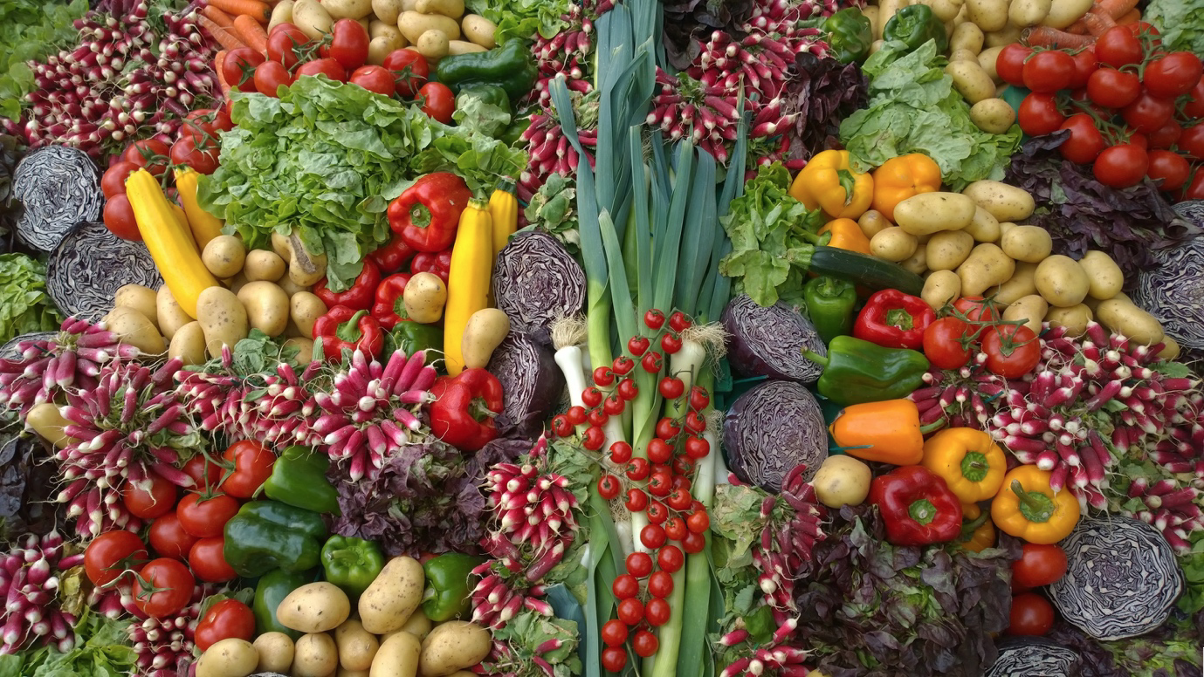
Here’s some useful information about how to get started on your vegan journey.
Plant-based Eating
Changing your entire diet may seem daunting, but in reality, going vegan has never been easier. Every supermarket has an extensive range of vegan products, every restaurant and coffee chain offers plant milks and vegan food, and it isn’t uncommon to find vegan restaurants and cafés on your high street!
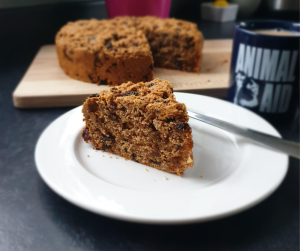
Top tips:
1. Take it easy!
You may find it easier to introduce more vegan foods into your diet gradually, over a period of time. Start by having one vegan meal a week, and then moving on to a fully vegan day of eating. You’ll find the products you love, and you’ll soon see that going vegan doesn’t mean going without.
2. Experiment!
As with every food, you’ll find brands and products that you love, and others that you don’t. Have fun trying new foods and brands and just seeing which ones you like.
3. Be kind to yourself!
We all make mistakes. Nobody is perfect. If you accidentally eat something non-vegan, don’t worry about it! You are already on the right path by wanting to be vegan or to eat more plant-based foods; just learn from your mistake, and move on.
4. Budget Veganism
It is a common misconception that being vegan and eating a plant-based diet is expensive, but that needn’t be the case. Download our free Vegan Recipes for £1 (or less) recipe sheets by clicking here.
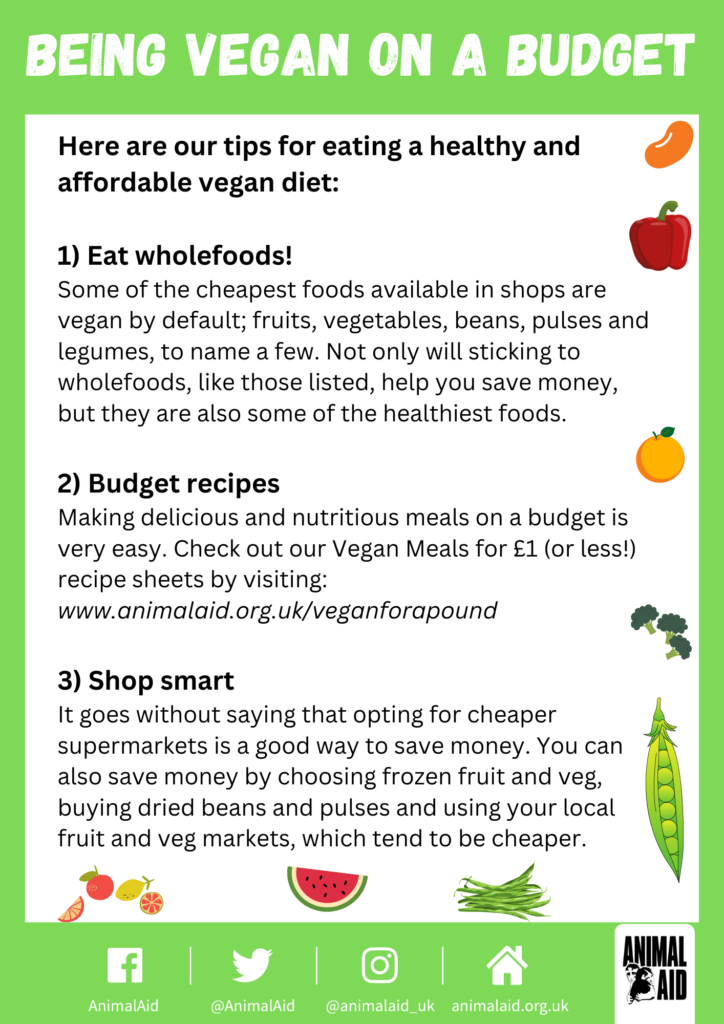
Vegan Nutrition
Every major dietetic association – including the British Dietetics Association and the Academy of Nutrition and Dietetics – agrees that a balanced vegan diet provides all the nutrients one needs to live a healthy life. In addition, research shows that those following a plant-based diet suffer a reduced risk of heart disease, type-2 diabetes, and certain types of cancer.
Top tips:
1. Focus your diet around wholefoods.
Ensuring the bulk of your diet consists of fruits, vegetables, beans, pulses, legumes and wholegrains will ensure you are eating as healthily as possible.
2. Take your B12 supplements!
Vitamin B12 isn’t found naturally in plant foods, so it is essential that those on a plant-based diet supplement it in some way. But this isn’t a difficult task. The simplest and most reliable way to do this is through a direct supplement, but you can also consume fortified foods and plant milks.
3. Eat your leafy greens!
It goes without saying that green vegetables are some of the healthiest foods on the planet. It is essential that we consume leafy greens daily to ensure we are meeting all our nutrient requirements, particularly for iron and calcium.
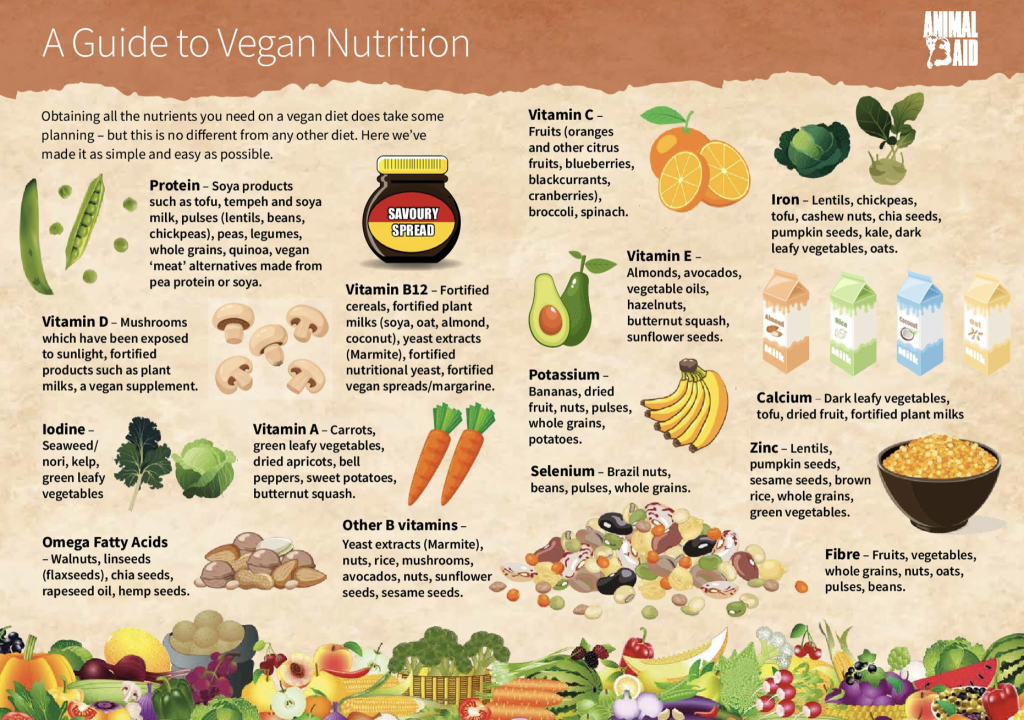
Being vegan extends beyond just eating plant-based food; it is a way of living which seeks to reduce animal suffering. Animals are still exploited and suffer horrific deaths for clothing: for fur, wool, leather, silk and other ‘materials’.
The good news is that as veganism continues to grow, so too does vegan fashion. You can now get non-leather shoes and trainers on the high street and from the most prominent fashion retailers, in addition to other animal-free clothing.
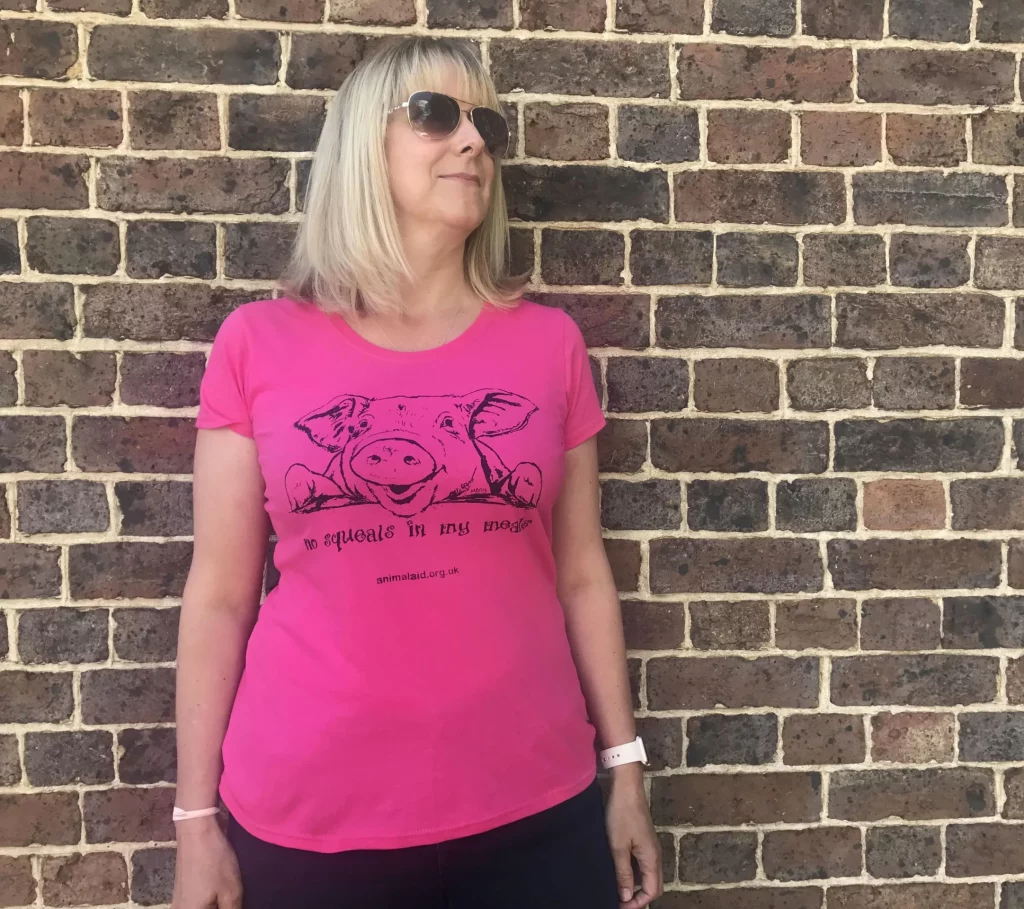
What to do with the non-vegan clothes you already have?
This can be a quandary for some people; what do you do with the leather shoes (for example) that you currently own? Well, this is up to you. Some vegans choose to continue to wear their old clothing until they need to buy new clothes; after all, the damage has already been done, and throwing them out would just be wasteful.
Some people may not feel comfortable wearing the skin of animals once they find out what happens to them in order to produce a pair of shoes. If you are of this view, you could also pass them on to non-vegan friends and family. This would prevent them from buying new animal-based clothes/shoes. You could also donate them to a charity shop, which would also prevent somebody from buying new animal-based ‘products’ and contributing to the demand.
In short, there is no ‘right’ answer. It’s whatever you feel most comfortable with.
You may be shocked to learn that some household cleaning products and toiletries contain animal products. Some of these products are truly disgusting (sheep fat in washing detergent, anybody?), but they are totally avoidable.When looking for vegan household products, check the packaging for the words ‘animal-free’, ‘plant-based’ or ‘vegan’ – they may even be certified by The Vegan Society.
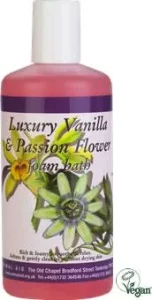
It is always worth checking directly with the company if you are unsure; some companies declare that their products are not tested on animals, which is great, but this doesn’t necessarily mean that the product is vegan.
Being vegan means not supporting the exploitation or abuse of animals for any purpose – including for entertainment. The use of animals for entertainment, such as dog and horse racing, is cruel and causes many animals to suffer injuries or die every year.
Vegans will also avoid supporting other events and establishments where captive animals are exploited for entertainment, such as reindeer displays at Christmas time; such events cause animals immense stress through the loud crowds, bright lights and transportation.